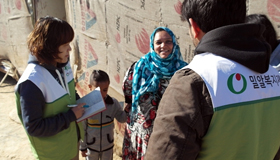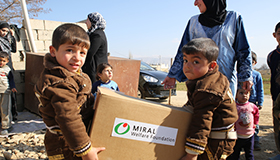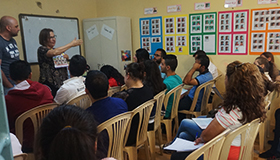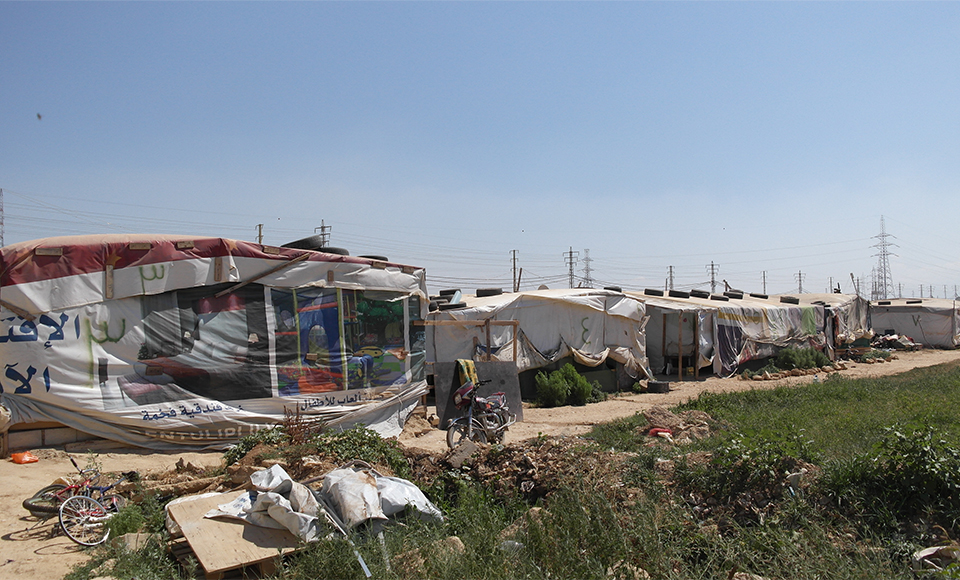Humanitarian Assistance
Humanitarian Assistance
Miral Welfare Foundation conducts humanitarian relief including community reconstruction and protection for residents in disaster-stricken regions.
Also, Miral promotes disaster-risk-reduction programs to reinforce the competence and resilience of communities to respond to disasters.
Disasters related to climate change, conflicts and disputes between countries, and chronic food crises strike every year. The most vulnerable countries experience
the most critical damage. Over 2 million people have died from disasters over the past 30 years, and 180,000 people died from wars last year.
-
Emergency response
15760 Persons
2023 Miral Annual Report
-
Miral Welfare Foundation complies with the Code of Conduct for the International Red Cross and Non-Governmental Organizations (NGOs) in implementing emergency relief.
Our goals of Humanitarian Relief
-
 To alleviate the suffering of residents in disaster-stricken regions
To alleviate the suffering of residents in disaster-stricken regions
-
 To restore to crisis areas the conditions that existed prior to the crisis.
To restore to crisis areas the conditions that existed prior to the crisis.
-
 To promote coping systems for disaster risk reduction with reinforcement of the communities' competences.
To promote coping systems for disaster risk reduction with reinforcement of the communities' competences.
Main Program / What we do
-
Field
Investigation on crises -
Emergency aid
and basic medical
treatment -
The distribution of
necessities for survival
(food, drinking water,
daily necessities, etc) -
Referral to long-term
reconstruction programs
